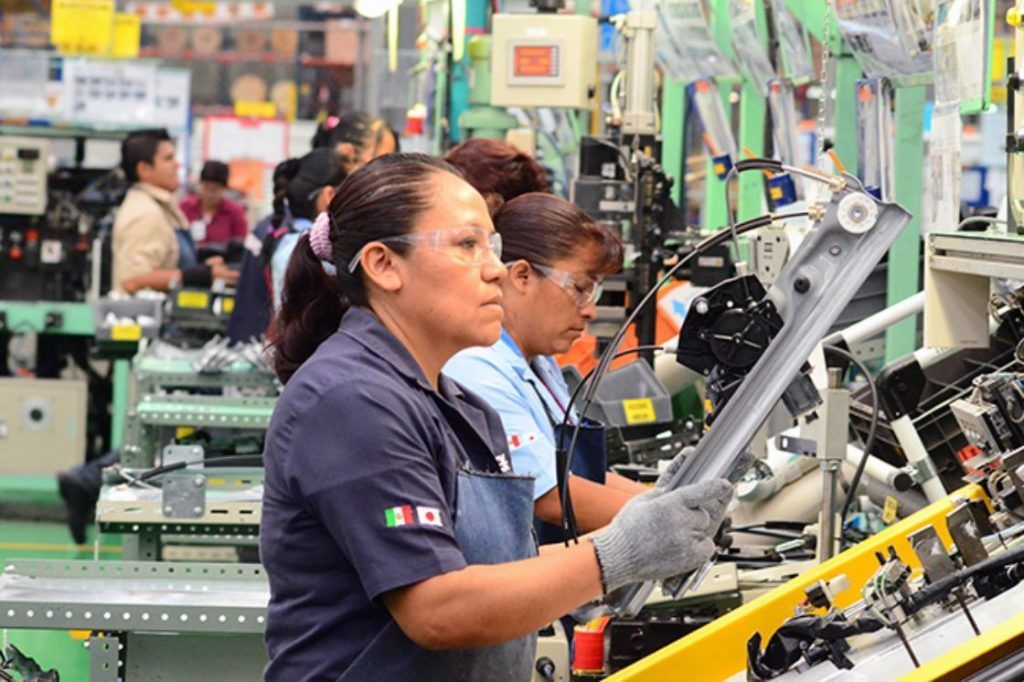The Mexican maquiladora (in-bond) industry is made up of entities that import raw materials and components duty-free and, in turn, export their finished products, with suppliers paying only tariffs on a value-added basis for work performed in Mexico.
In 2022, according to Inegi data, revenues of companies with Maquiladora and Manufacturing Export Industry (IMMEX) programs were 6 trillion 951 billion pesos, an increase of 16.9% year-on-year.
Previously, these revenues grew at annual rates of 8.0% in 2018 and 3.0% in 2019, then decreased 6.4% in 2020 and increased 19.7% in 2021.
Likewise, Mexico had 5,153 IMMEX company plants at the close of 2022, a drop of 0.6% over 2021, and 2,907,309 workers, that is, 4.1% more than in the previous year.
Initially established primarily along the U.S.-Mexico border, in-bond plants now operate in other regions of the country.
By expanding production to these other regions, in-bond plants and suppliers have greater access to a larger and more diverse workforce.
Maquiladora industry
This expansion has also provided in-bond plants with greater access to raw materials made available by Mexican suppliers.
According to preliminary figures, 30.3% of the maquiladora industry’s value added in 2022 corresponded to the production of transportation equipment.
In general, companies may defer payment of duties for up to four years (or five years for imported spirits used to manufacture distilled spirits) under the tariff relief program, and 18 months under the IMMEX program. However, duties become payable if this condition is no longer met, such as when imports or goods derived from these imports enter domestic trade or are not exported within the permitted period.
The shift from a primarily oil-exporting economy to one of the main exporters of manufactured goods cannot be explained without the process of economic openness and the attraction of Foreign Direct Investment (FDI), which has significantly contributed to the development of Mexico’s manufacturing export platform and the modernization of some service sectors.

